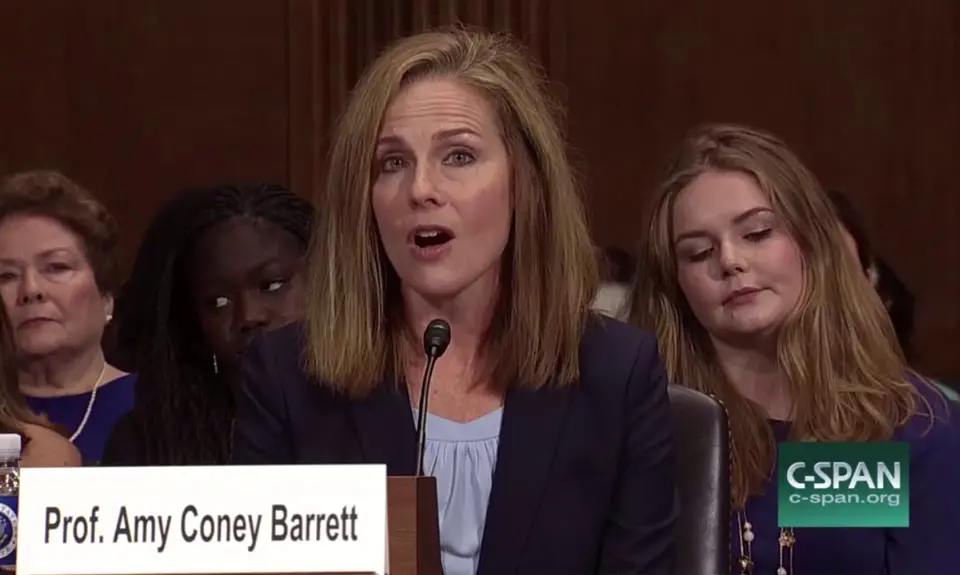“Confirmed Judges, Confirmed Fears” is a blog series documenting the harmful impact of President Trump’s judges on Americans’ rights and liberties. This post on Trump Judge Amy Coney Barrett is the first in this series.
As more and more judges nominated by President Trump are confirmed by the Republican Senate and start deciding cases, it is important to keep track of the harmful impact of their decisions on all of our rights and liberties. PFAW Foundation will do precisely that in our new “Confirmed Judges, Confirmed Fears” blog series.
On November 21, Trump Judge Amy Coney Barrett of the Seventh Circuit Court of Appeals joined four other Republican-appointed judges in refusing to rehear a three-judge panel decision (rendered by three of those four judges) about a workplace racial segregation case, United States EEOC v. Autozone Inc. Three other court of appeals judges–Judges Wood, Rovner, and Hamilton–nominated by both Democratic and Republican presidents, strongly dissented.
As these three dissenting judges explained, the panel decision had approved Autozone’s policy in Chicago of “segregating employees and intentionally assigning members of different races to different stores” because the particular employee who had complained to the EEOC after being transferred from one store to another had received a lateral transfer. He could not prove that the “intentional maintenance of racially segregated stores diminished” his “‘pay, benefits, or job responsibilities.’”
The three judges explained that this attempted return to the “separate but equal” doctrine was wrong under fair employment laws, just like it is under the Constitution, since “deliberate racial segregation by its very nature has an adverse effect on the people subjected to it.” In addition, not being able to work at their preferred location based on their race clearly has an adverse effect on an employee.
At the very least, the dissenting judges explained, the “importance of the question and the seriousness with which we must approach all racial classifications” made the case “worth the attention of the full court.” But Barrett voted against even having the full court of appeals consider the case.
